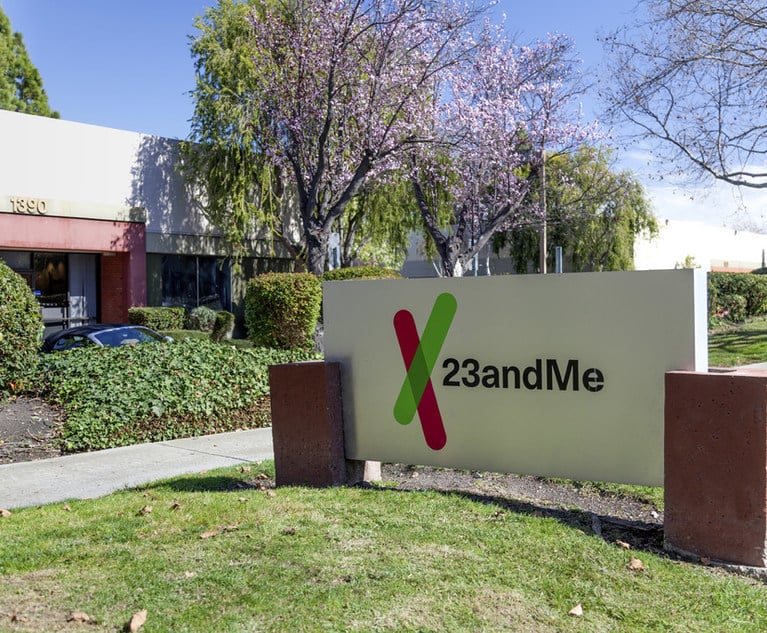Ten years from now there may well be no more Employee Retirement Income Security Act (ERISA) class actions. The law, like the rest of life, is not immune from disruptive innovations. In our own lifetime, we have seen disruptive innovations from chemical photography to digital photography, from personal computers to smart phones, and from snail mail to Instagram. Just as Brown v. Board of Education, 349 U.S. 483, 495 (1954) created a legal sea change by finding racial discrimination in public education unconstitutional, a series of recent U.S. Supreme Court decisions has established another legal sea change: class action lawsuits are no longer necessary. These new cases taken together indicate that ERISA plan sponsors can kill off all future ERISA class actions if they adopt mandatory arbitration provisions with class action waivers.
The first Circuit Court of Appeals to consider whether an ERISA plan’s own mandatory arbitration clause could bar class action claims was the Ninth Circuit. The Ninth Circuit actually went one step further―it ruled the plan sponsor could amend the ERISA plan to preclude all class action claims after the employee had commenced employment. In Dorman v. Charles Schwab Corp., No. 18-15281 (9th Cir. 2019), Charles Schwab amended its 401(k) plan in December 2014, to be effective on Jan. 1, 2015. Nine months later Dorman ended his employment at Schwab. He subsequently terminated his plan participation. The mandatory arbitration amendment to the Schwab 401(k) plan states “any claim, dispute or breach arising out of or in any way related to the Plan shall be settled by binding arbitration ….” This mandatory arbitration provision included an express waiver of class or collective action claims that require individual arbitration. Absent this express waiver, the participant could have represented the interests of other plan participants. All Schwab plan participants were informed arbitrations were to be conducted “on an individual basis only, and not on a class, collective or representative basis.” In essence, the terms of Schwab’s 401(k) plan stated to continue plan participation participants had to agree to waive the right to be a part of any class or collective action.


 James Baker, Baker McKenzie (Photo: Courtesy Photo)
James Baker, Baker McKenzie (Photo: Courtesy Photo)




